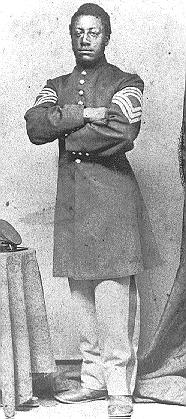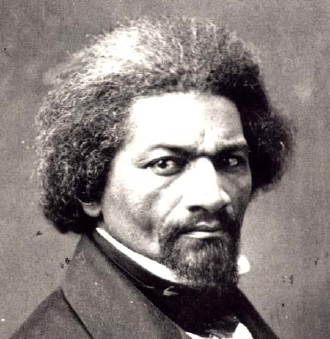
Readville [BCF]
March 25 1863Dear Mother,
I have received two notes from you, one about our course of conduct at Aunt Mary’s, and the other about shirts. I agree with you entirely about what you said in the first, and shall do as you suggest. I burned the note, as you requested, and will not say anything to Aunt Mary about it. I have bought the shirts but will pay the bill myself, as I shall be happy to make Howard a present of the others.
If the success of the 54 Mass. gives you so much pleasure, I shall have no difficulty in giving you good news of it, whenever I write. Everything goes on prosperously. The intelligence of the men is a great surprise, to me. They learn all the details of guard duty and Camp service, infinitely more readily than the Irish I have had under my command. There is not the least doubt, that we shall leave the state, with as good a regiment, as any that has marched. One trouble, which I anticipated, has begun-viz: complaints from outsiders of undue severity. But I shall continue to do, what I know is right in that particular, and you may be perfectly certain, that any reports of cruelty, are entirely untrue. I have treated them much more mildly, than we did the men of the 2d.
Tell Father I received his note, and would like very much to have him send me the horse he speaks of, if he is satisfied with him. I want as handsome a horse as I can get & need it as soon as possible.
I am going up to Lenox tonight, to come down with Annie tomorrow. I found I should have to be away just as long, if I only went to Springfield.
Love George, Anna & Susie.
Your loving son
[1863-03-25] OUR PORT ROYAL CORRESPONDENCE; The Expedition of the Colored Troops to Florida…


